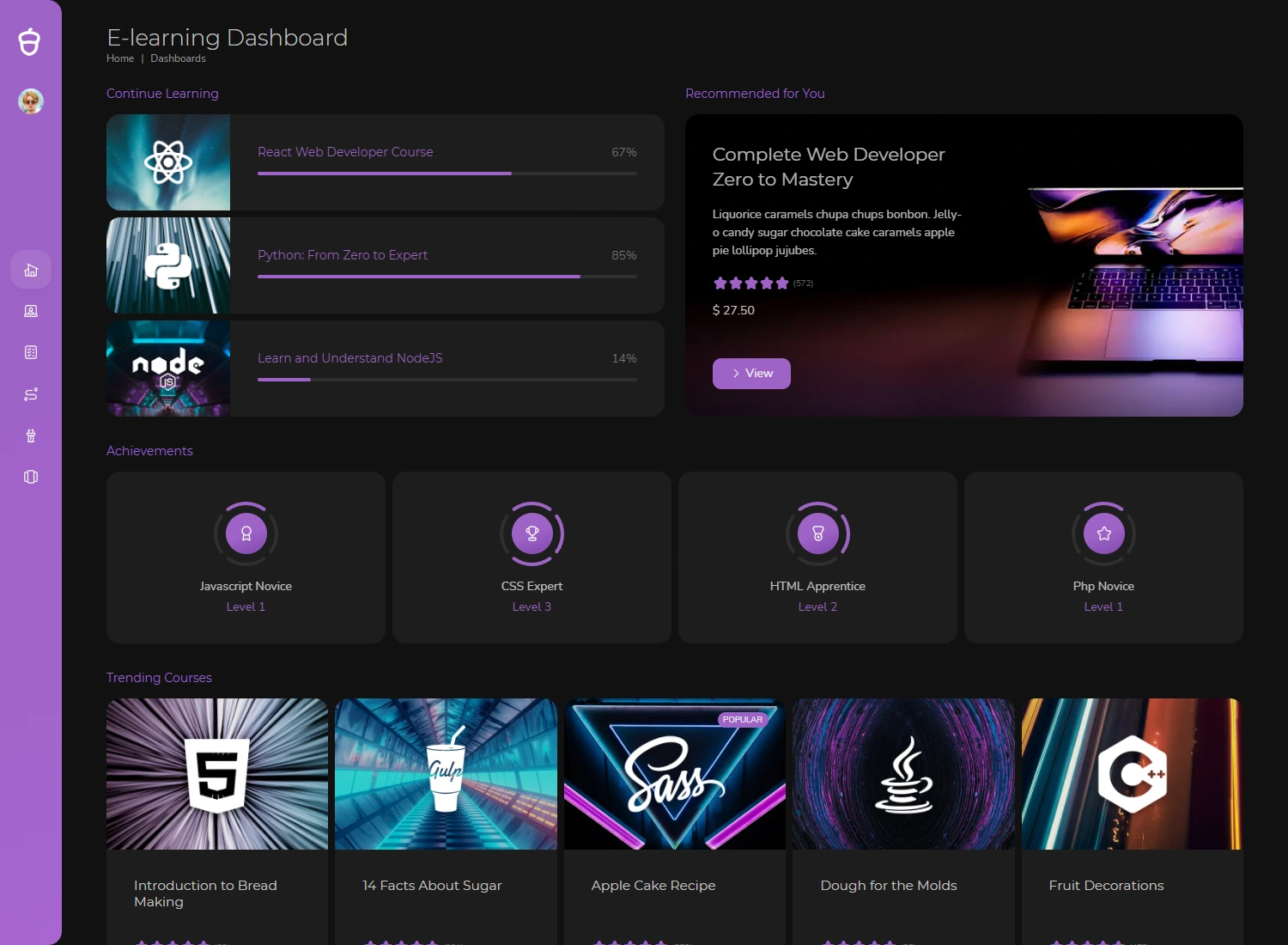In a constitutionally significant development, the Supreme Court has issued notices to all States and the Centre following a Presidential Reference made by President Droupadi Murmu, seeking clarity on the powers and obligations of the President and Governors regarding assent to State Bills. A five-judge Constitution Bench led by Chief Justice B.R. Gavai said on Tuesday that the matter touches the federal fabric and affects the entire country, not just individual states like Tamil Nadu or Kerala.
Constitutional Deadlock Over Assent
The central issue revolves around Articles 200 and 201 of the Constitution, which deal with the process by which Governors and the President respectively grant or withhold assent to State legislation. The Reference, made under Article 143, seeks the Court’s opinion on whether judicial orders can prescribe a time limit or manner in which these constitutional authorities must act — particularly in the absence of any express timelines in the Constitution itself.
This comes in the wake of a Supreme Court judgment dated April 8, 2024, which had declared as illegal the Tamil Nadu Governor’s prolonged delay in acting on 10 re-passed Bills. In that case, a two-judge bench had ruled that such delays amount to a breakdown of constitutional machinery and are incompatible with democratic governance.
Wider Federal Implications
The hearing, held by a Constitution Bench including Justices Surya Kant, Vikram Nath, P.S. Narasimha, and A.S. Chandurkar, observed that the concerns raised go well beyond any single state. The Bench has fixed July 29 as the next date of hearing and asked for all responses within a week.
Senior advocates appearing for States like Tamil Nadu and Kerala urged the court to consider that the issues had already been addressed in the April 8 judgment. However, the Bench clarified that it is keeping all questions open, given the national scope of the matter.
What the Reference Seeks
The Presidential Reference specifically asks:
“In the absence of any constitutionally prescribed time limit or manner of exercise of powers by a Governor, can time limits be imposed and manner of exercise of powers be prescribed through judicial orders? Can judicial orders impose timelines and manner of exercise of powers by the President under Article 201?”
The Reference also touches on whether judicial oversight can fill the constitutional silence on timelines, thereby preventing executive inaction from undermining the legislative process in States.
Legal and Political Background
Article 200 empowers a Governor to (a) assent to a Bill passed by the State Legislature, (b) withhold assent, or (c) reserve it for the consideration of the President. Article 201 provides that when a Bill is reserved, the President may either assent or withhold assent, with no time frame mentioned for either.
The ambiguity over how long Governors or the President can take to act on such Bills has led to repeated tussles between elected State governments and Raj Bhavans, especially in opposition-ruled states. Critics argue that this discretion has been misused to stall State legislation.
Supreme Court’s Balancing Act
While senior advocates like K.K. Venugopal (for Kerala) questioned the maintainability of the reference, the Chief Justice emphasized the need for constitutional clarity on the division of powers and duties between the executive and judiciary. Attorney-General R. Venkataramani and Solicitor-General Tushar Mehta will assist the Bench in the matter, along with leading senior advocates such as Kapil Sibal and A.M. Singhvi.
Why This Matters
This case could reshape the contours of federalism in India by defining limits on the discretion exercised by constitutional heads like the Governor and the President. It could also determine the extent to which courts can enforce procedural discipline in political and legislative processes, especially when constitutional silence leaves room for ambiguity.





